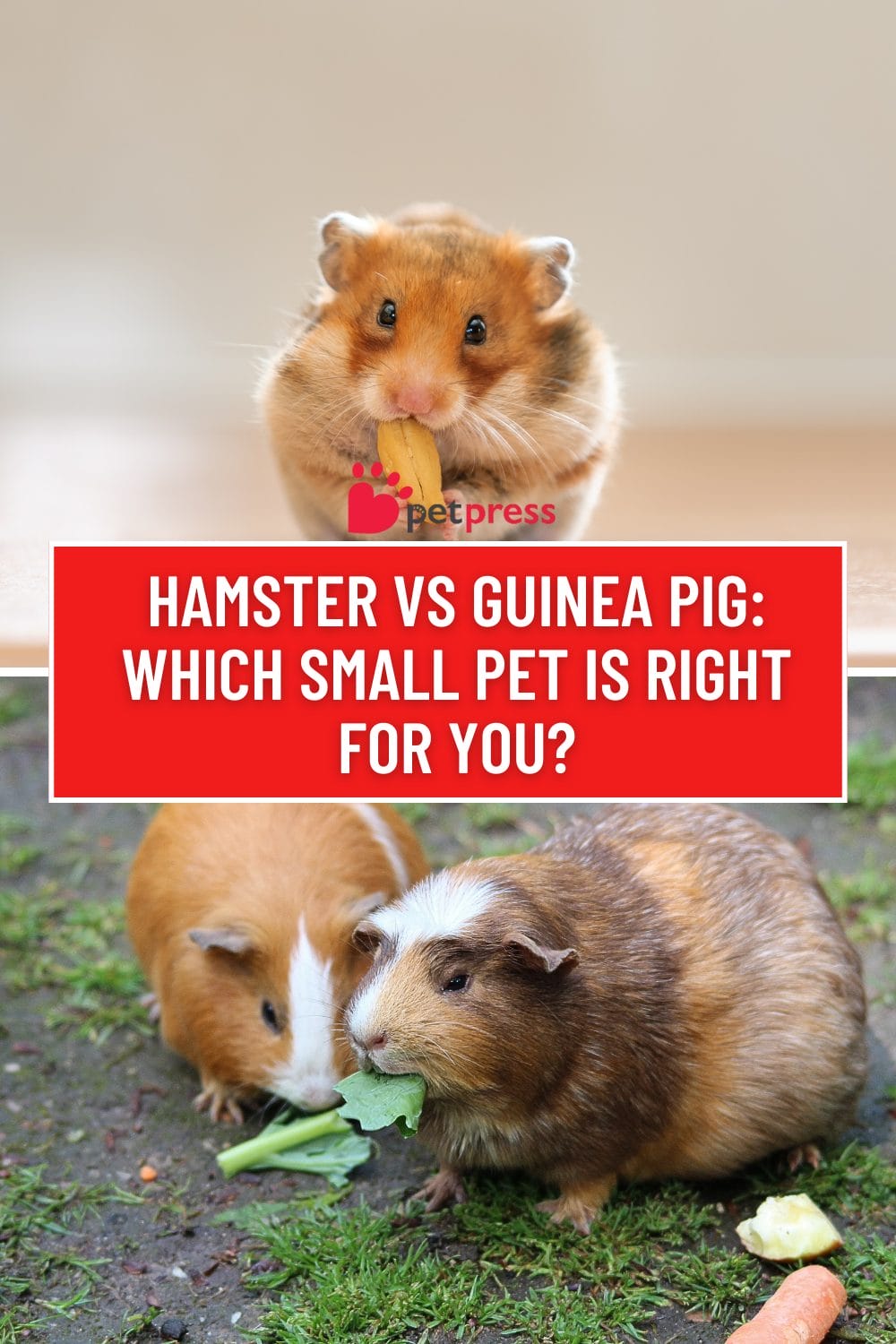
When it comes to choosing a small, furry pet, two of the most popular options that often come to mind are hamsters and guinea pigs.
Both are adorable, entertaining, and relatively easy to care for, making them ideal companions for families, kids, or individuals looking for low-maintenance pets.
But despite their similarities, these two animals have different needs, behaviors, and lifespans that can affect your decision.
So, if you’re wondering which is better, hamster vs guinea pig, you’re in the right place.
This blog post covers everything you need to know to make an informed decision, from their care requirements to personality traits, living conditions, and more.
Why the Choice Between Hamster and Guinea Pig Matters
Small pets are often seen as the perfect choice for first-time pet owners, children, or those with limited living space.
But what many people don’t realize is that hamsters and guinea pigs have very different lifestyles and temperaments.
Making the wrong choice could lead to frustration for the owner and an unhappy life for the pet.
Understanding the differences between the two can help ensure a happy match.
With this hamster vs guinea pig comparison, you’ll have the insights to confidently choose the pet that suits your lifestyle best.
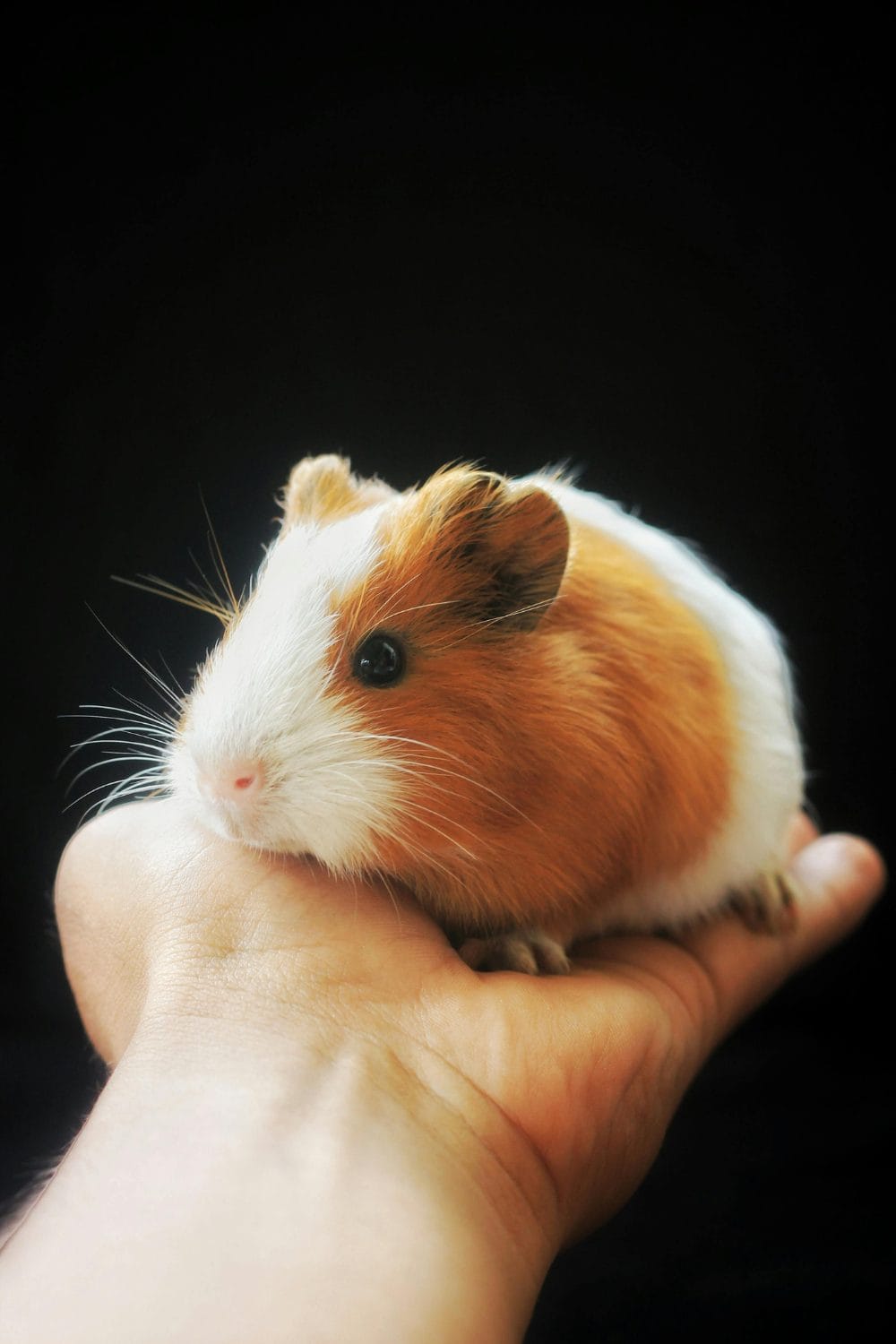
Hamster vs Guinea Pig: Side-by-Side Comparison
Here’s a handy table to highlight the most important differences between hamsters and guinea pigs at a glance:
| Feature | Hamster | Guinea Pig |
| Size | Small (4-7 inches) | Larger (8-12 inches) |
| Lifespan | 2 to 3 years | 5 to 7 years |
| Social Needs | Prefers solitude | Very social, prefers company |
| Activity Level | Nocturnal | Diurnal (active during the day) |
| Cage Size | Smaller cage | Larger enclosure required |
| Diet | Seeds, pellets, fresh veggies | Hay, veggies, guinea pig pellets |
Benefits of Having a Hamster as a Pet
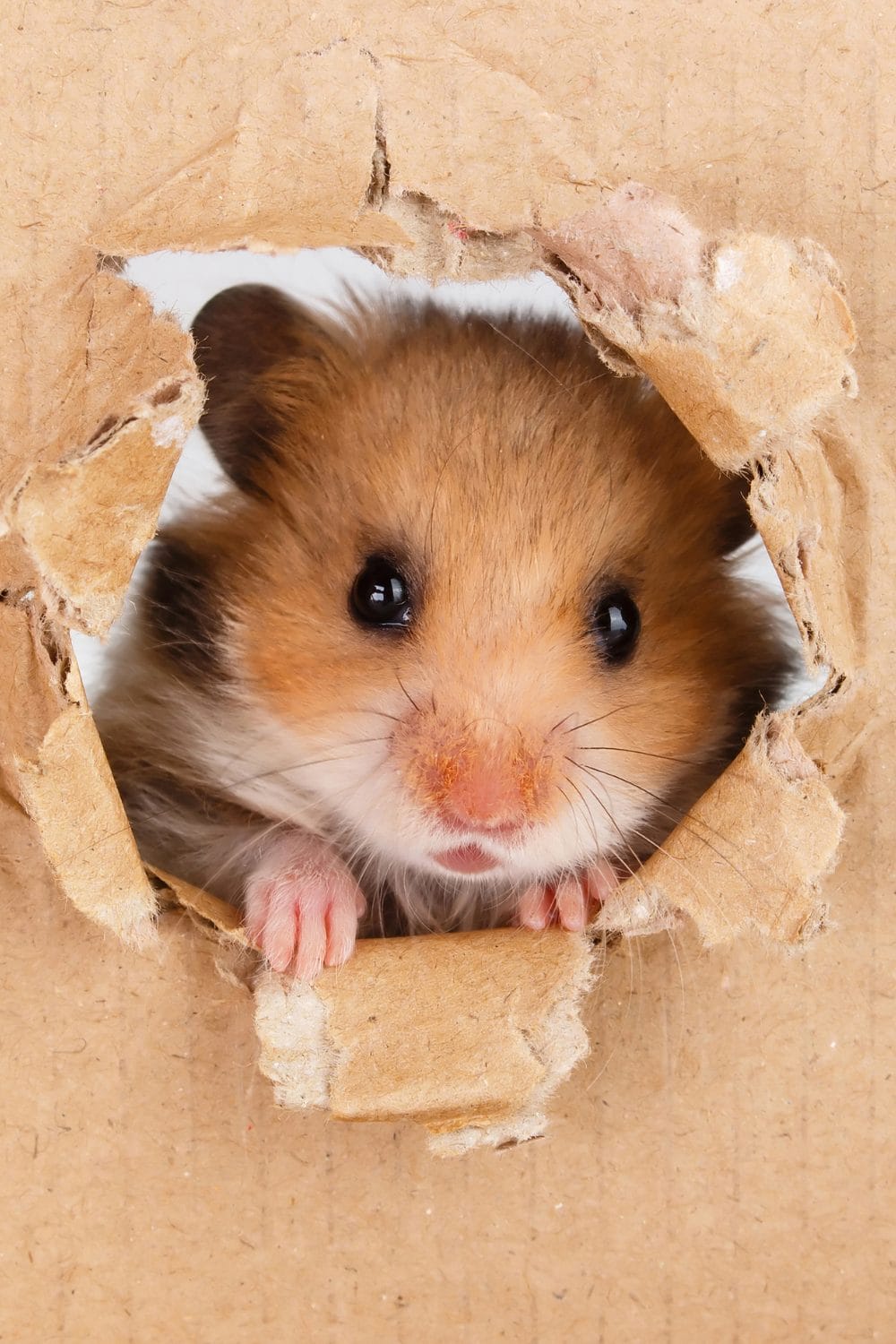
Low Maintenance Pet
One of the top benefits of having a hamster is how little maintenance they require.
They don’t need a huge enclosure or constant human interaction, making them ideal for busy individuals or first-time pet parents.
Their cage only needs cleaning once or twice a week, and they’re easy to feed.
Perfect for Small Spaces
If you live in a studio apartment or have limited space, a hamster could be the ideal pet. A small cage is sufficient for them to run, burrow, and play.
This is especially beneficial for students or people living in compact urban settings.
Budget-Friendly
Hamsters are inexpensive to purchase and maintain. Their bedding, food, and toys are all quite affordable, making them a great choice for budget-conscious pet lovers.
They also don’t require routine vet visits as often as larger animals.
Entertaining and Active
Though they’re nocturnal, hamsters are full of energy. Watching them run on their wheel, explore tunnels, and hoard food in their cheeks can be endlessly entertaining.
This makes them fun pets for older kids and night owls.
Variety of Breeds
There are many hamster breeds to choose from, such as Syrian, Roborovski, and Dwarf hamsters, each with their own personality traits and size. This means you can pick one that best fits your preferences.
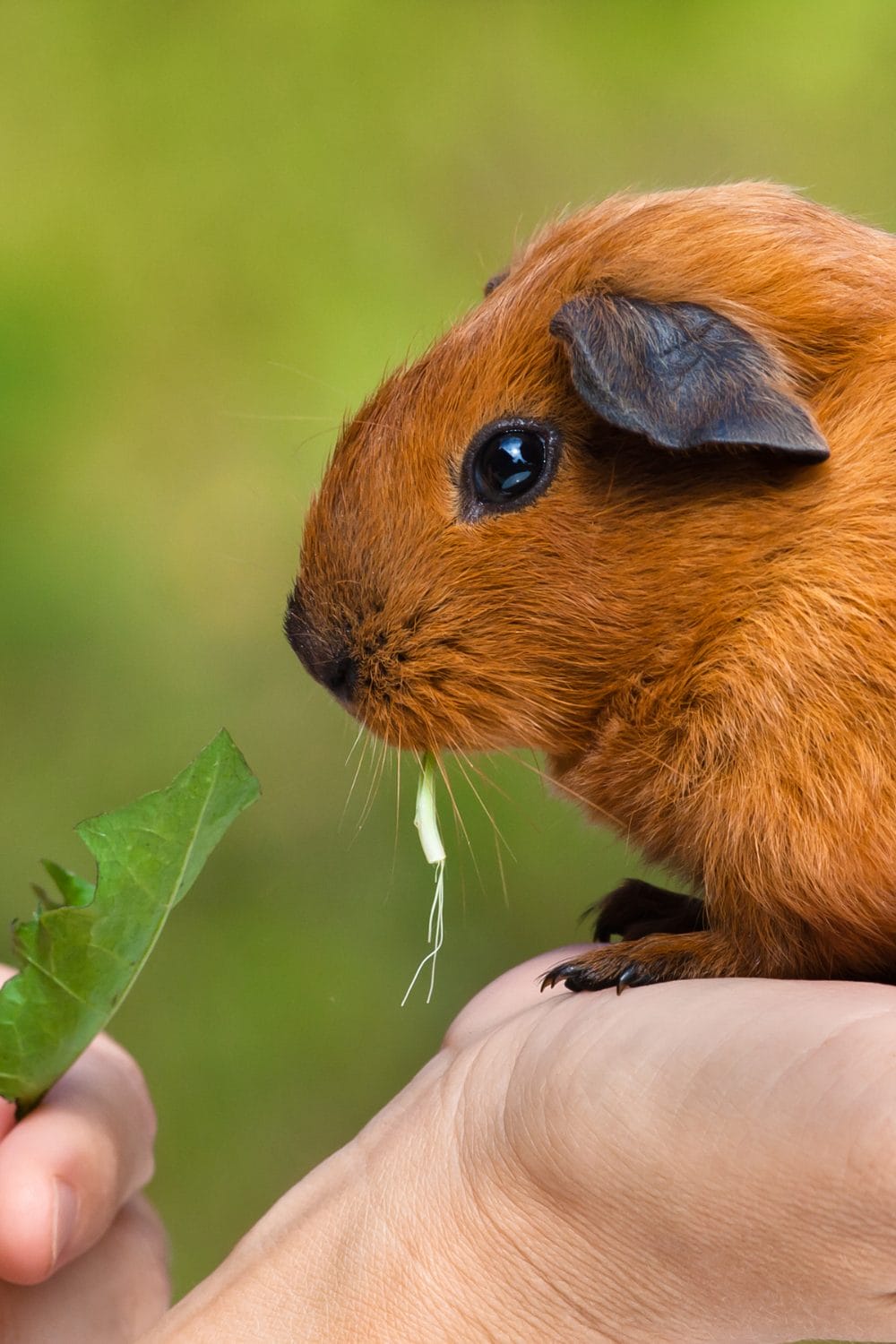
Benefits of Having a Guinea Pig as a Pet
Social and Friendly
Guinea pigs are incredibly social animals. Unlike hamsters, they enjoy the company of both humans and other guinea pigs.
Their calm and friendly nature makes them an excellent choice for families with children.
Great for Daytime Companionship
Unlike hamsters, guinea pigs are most active during the day. That means you can enjoy their playful antics and social interactions without staying up late.
They’re always ready to greet you with a joyful squeak when you walk into the room!
Longer Lifespan
Guinea pigs live significantly longer than hamsters, often 5 to 7 years.
This makes them a more lasting companion and gives families more time to bond with their pet.
Easy to Train and Handle
Guinea pigs can recognize their names, respond to their owners, and even learn simple tricks.
Their calm nature makes them easier to handle, which is perfect for younger children or first-time pet owners.
Expressive and Vocal
Guinea pigs are known for their delightful range of sounds—from happy squeaks to curious purrs.
This vocal communication helps owners quickly understand their needs and feelings, adding a layer of emotional connection.
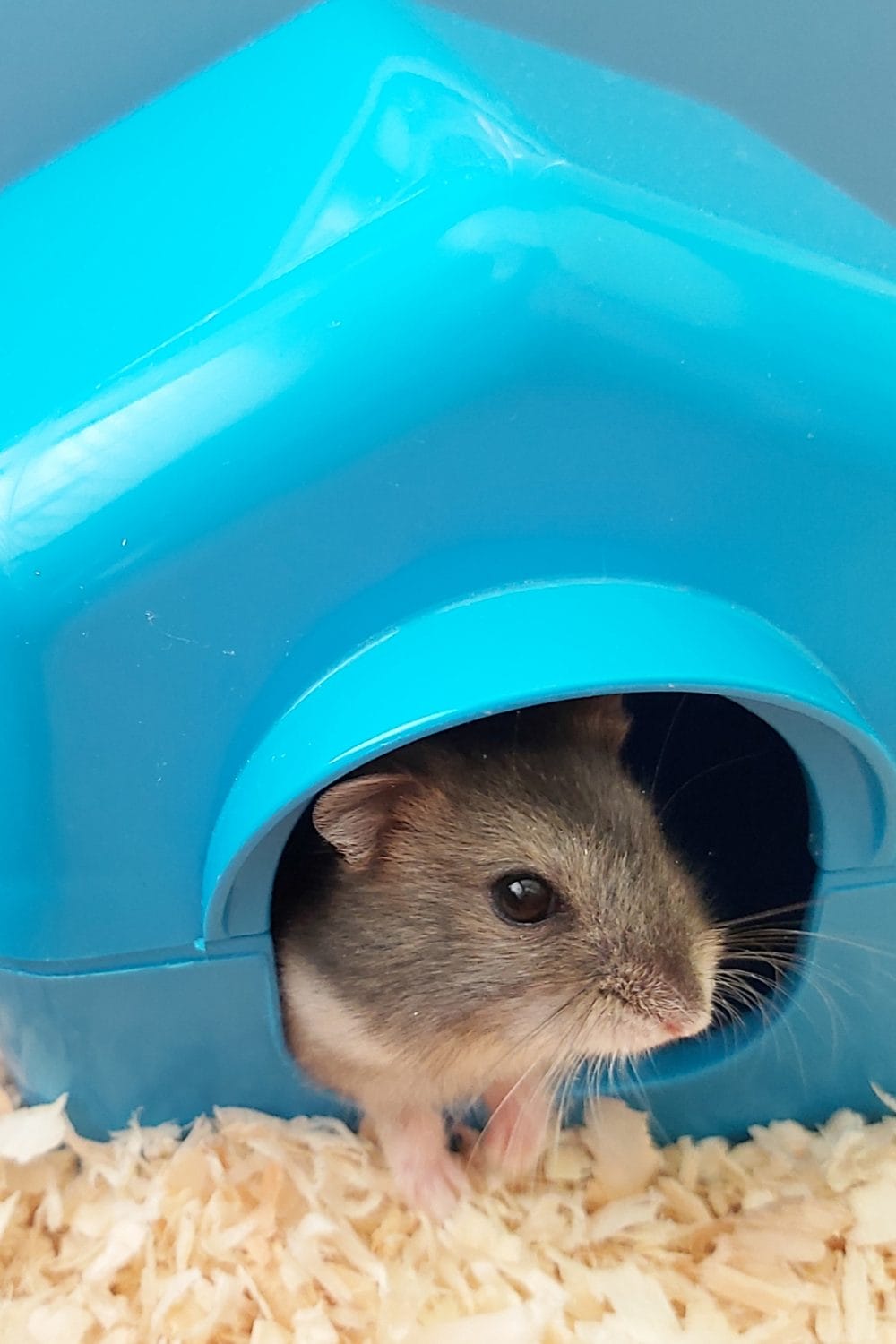
Hamster vs Guinea Pig: Which Small Pet Is Right for You?
Let’s break down this hamster vs guinea pig pet choice based on lifestyle and preferences:
- For Busy Individuals or Students: A hamster is ideal. It’s low-maintenance, quiet, and doesn’t require much interaction.
- For Families or Social Environments: A guinea pig thrives in social settings and is great with children.
- For Long-Term Companionship: Guinea pigs live longer, making them a better choice if you’re looking for a pet that will be part of your life for several years.
- For Night Owls: Hamsters are more active at night, so if you’re home in the evenings, you’ll enjoy their active hours.
- For Pet Enthusiasts with More Space: Guinea pigs need a larger cage and more attention but reward you with personality and affection.
Ultimately, the better pet depends on your lifestyle, availability, space, and how much interaction you want from your furry friend. Both animals can be loving companions if cared for properly.
Conclusion
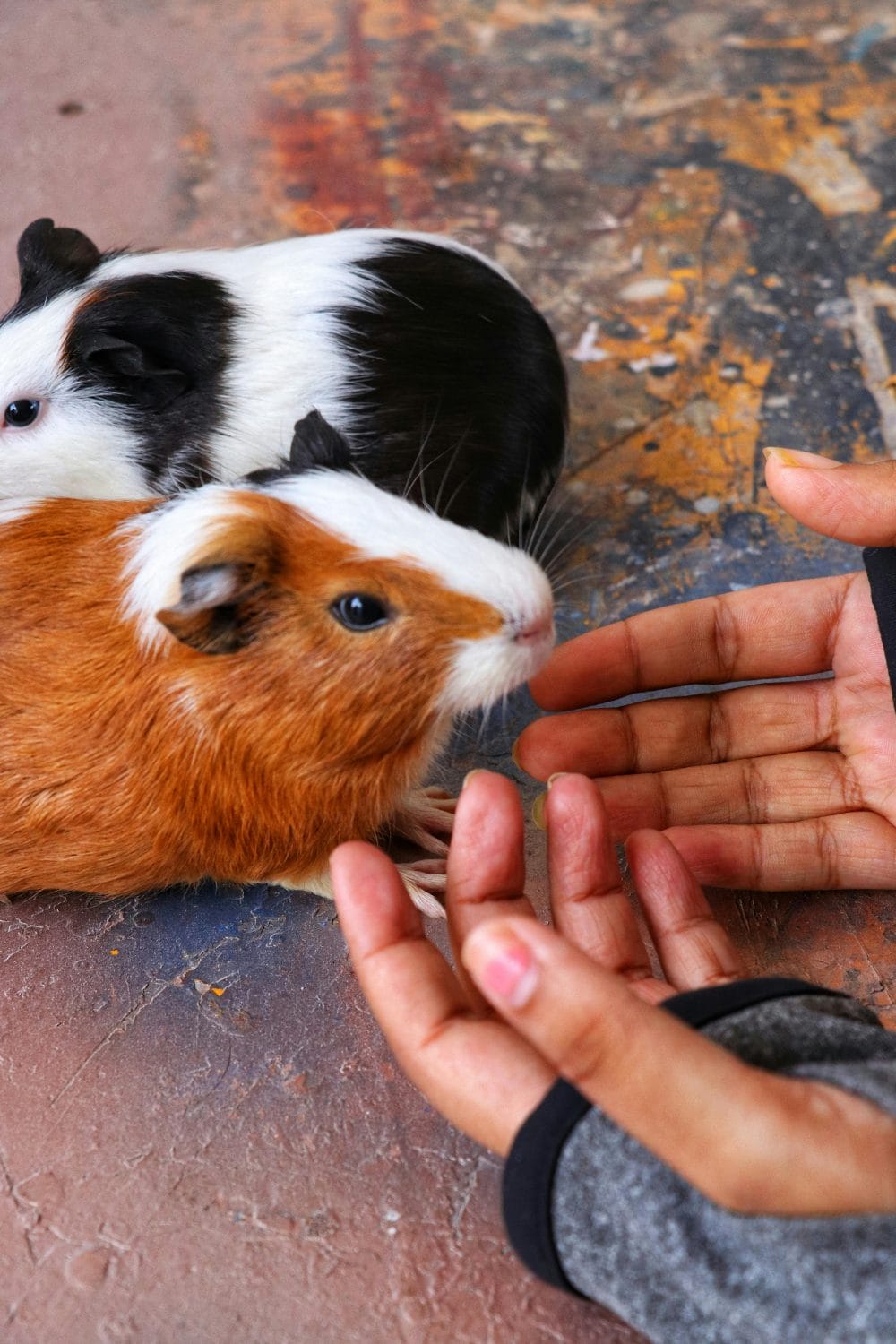
So, when it comes to hamster vs guinea pig, there’s no universal “better” choice—only what’s better for you.
Hamsters are ideal for those who want a more independent, low-maintenance pet. Guinea pigs, on the other hand, are loving, interactive, and perfect for those seeking companionship.
Both small pets are adorable, full of charm, and capable of forming emotional bonds with their owners. Whichever you choose, you’re sure to gain a delightful furry friend.
Just remember—small pets have big needs. Understanding what your potential pet requires will help you provide them with the happiest and healthiest life possible.
FAQs
Yes, guinea pigs are highly social animals and usually do best when housed with another guinea pig. Keeping them alone can lead to loneliness and stress.
Guinea pigs are generally better for younger children due to their gentle and social nature. Hamsters can be skittish and are better suited for older children who understand gentle handling.
Hamsters are typically more affordable in terms of both upfront cost and ongoing maintenance. They require less space, less food, and fewer supplies.
No, hamsters and guinea pigs should never be housed together. They have different dietary needs, activity levels, and behaviors that could lead to stress or injury.
The main difference between a hamster and a guinea pig lies in their social behavior and care needs. Hamsters are solitary, nocturnal, and smaller, while guinea pigs are social, active during the day, and require more space and interaction.
- How to Celebrate a Dog’s First Birthday on a Budget: 2026 Guide - February 18, 2026
- Best Shampoo for Sensitive Skin Dog Grooming: 2026 Guide - February 12, 2026
- 40+ Aesthetic Names for White Dogs (2026 Unique & Rare List) - February 6, 2026


GIPHY App Key not set. Please check settings